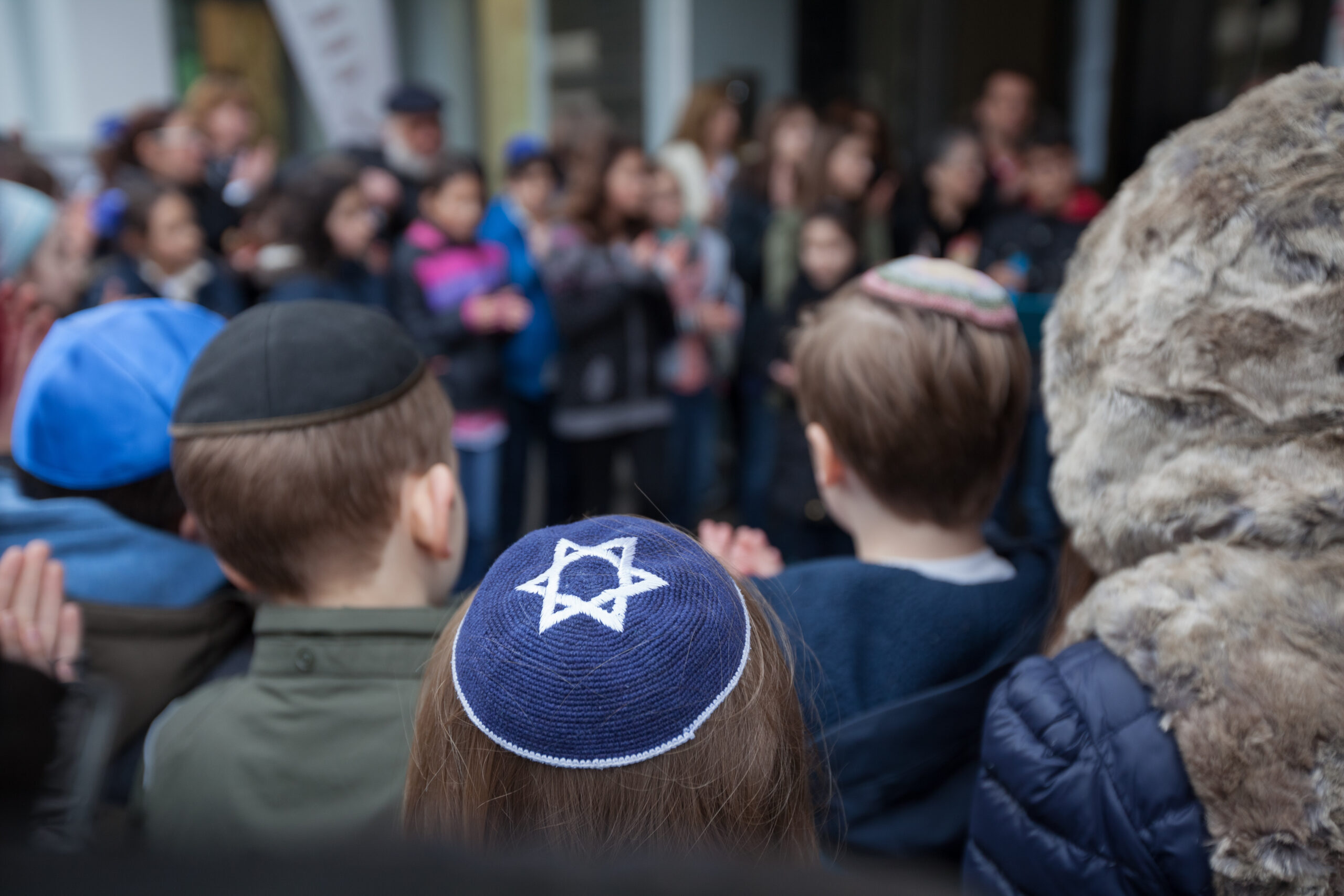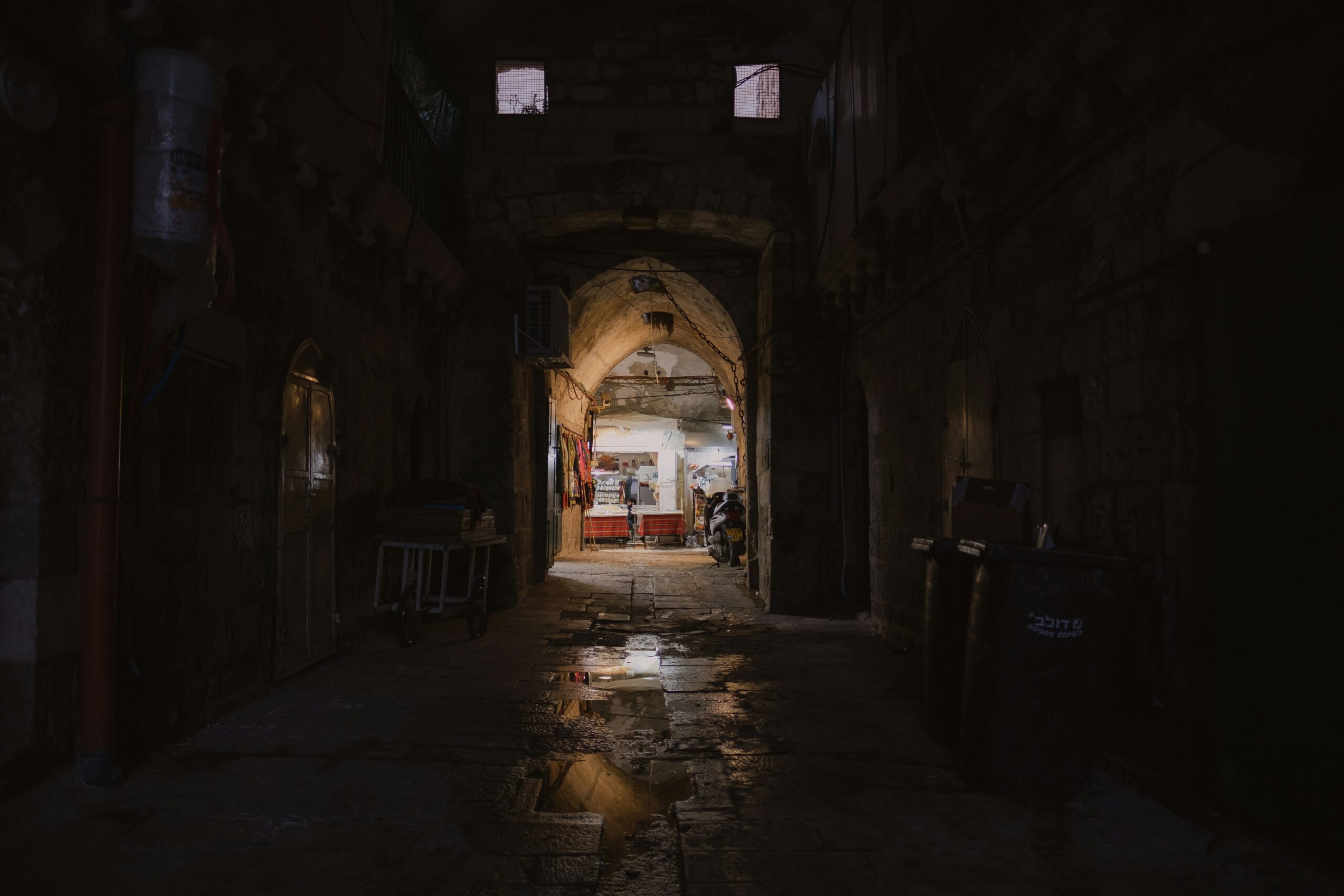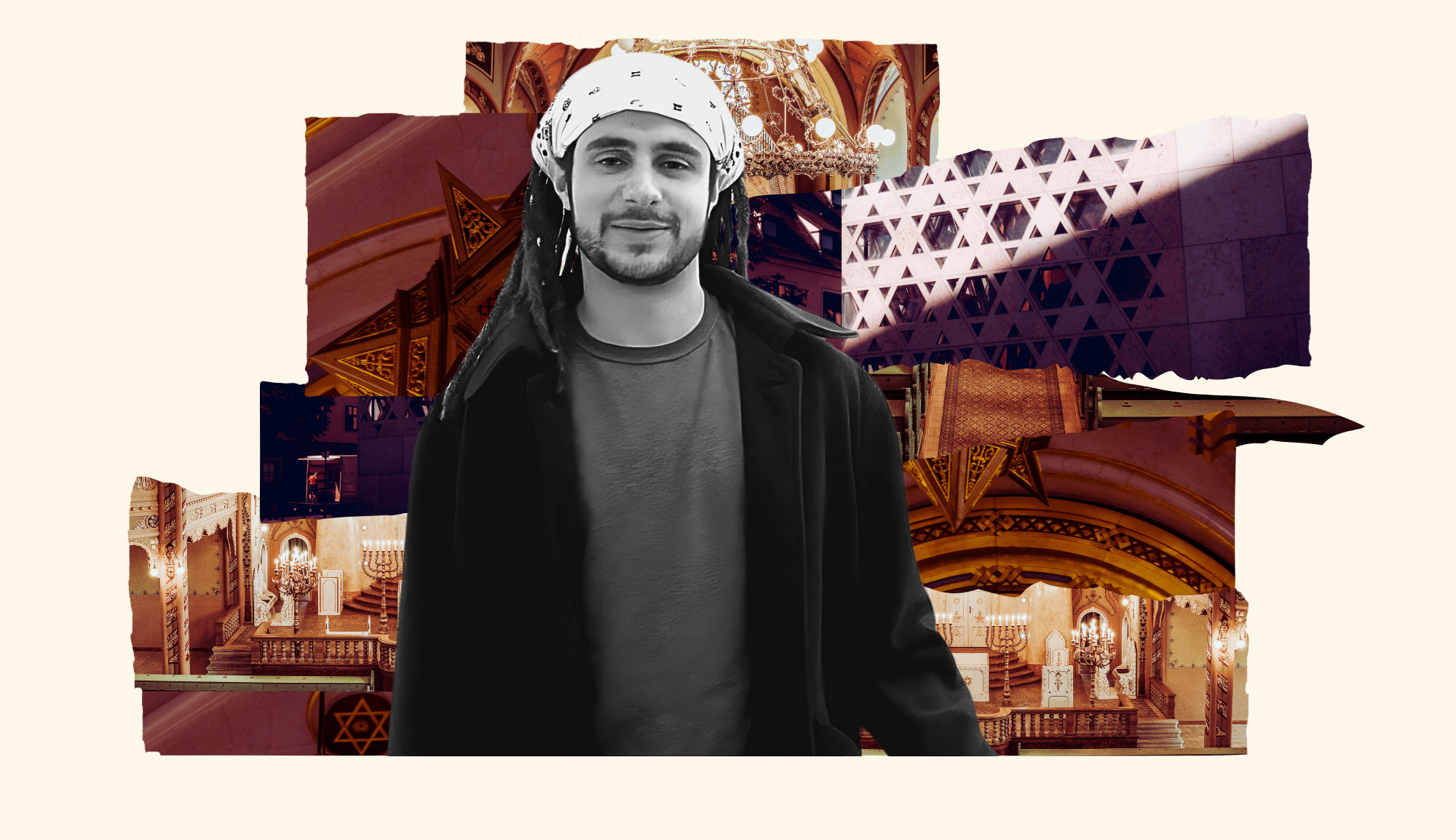A recent Yom Kippur sermon from Rabbi Ammi Hirsch has caused quite a stir in both observant and Reform Jewish communities. In his excerpted commentary, Rabbi Hirsch passionately derides youth who have disconnected from Israel as a source of Jewishness, interpreted Tikkun Olam as the sole moral imperative of Jewish life and practice, and entirely abandoned Zionism.
To all our young people this #YomKippur: we tried to instill in you a sense of justice, righteousness and honor for all people. We are proud when your generation actively pursues these values. But we did not intend for some in your generation to turn their backs on our people… pic.twitter.com/TLWBUjSqWC
— Ammi Hirsch (@AmmiHirsch) October 12, 2024
Observant communities have critiqued his remarks as the natural result of a religious practice that has stripped G-d and adherence to tradition down to a loose moral framework. More progressive, often Reform, anti-Zionist Jews reject Hirsch’s remarks as an unfair correlation between Jewish peoplehood and Zionist politics.
Both miss the plot.
While I assume his intentions and passions are pure, his ire appears wholly misplaced. I don’t say this as a Chabad devotee, frum father, aspiring yeshiva student, or even outraged progressive leftist with deep anti-Zionist beliefs.
I say this as a man who was just recently one of those same Reform youth, who now—in the recent role of toddler father and husband—has found himself almost entirely estranged from the grounding traditions of his forefathers and their history. I was raised in a Reform household and now live outside of Denver, where my wife grew up (also in a Reform household). My Hebrew reading and understanding has faded, my study stopped entirely, and my Jewish community all but evaporated.
How could we, the American Jewish people, find ourselves so profoundly divided, not on political or purely practical grounds, but rather on what Judaism is?
Today I am further from my Yiddishkeit than I would like to be—and I am fully aware of it.
As I see it, the most pressing question to ask and answer is not whether Hirsch is right or wrong in making his statements (or their accuracy for that matter), but rather: How did we get here? How could we, the American Jewish people, find ourselves so profoundly divided, not on political or purely practical grounds, but rather on what Judaism is?
Growing up in a robust Reform Jewish community in the North suburbs of Chicago, Judaism was taught as a post-Holocaust historical exercise within a community of shared culture. Torah and Jewish history were introduced as largely apocryphal and requiring much interpretation to live in the modern world. There was no expectation of deep study of Torah or Talmud to prepare us for the world or life ahead of us. The undercurrent seemed to be—your mandate is Tikkun Olam, figure out what Judaism means to you and do it.
The all too familiar context is that my great-grandparents, those directly impacted by the Holocaust, lived a newly American life, but held to Jewish traditions of the “old country” in what would today be called Orthodox. Their children, my grandparents, carried Jewish values and developed new American opportunities in what could be viewed as a Conservative fashion. Their children, my parents, adopted even more assimilated values, pursued Reform Judaism, and raised their children as such. There was not merely a European diaspora of physical bodies throughout the Holocaust, but also a spiritual one in the generations that followed our arrival to America.
The resulting experience is one of looking backward into a personal history where Jewish practice, community, and identity slowly assimilated into a broader “American success idea.” Looking forward, I see in my own growing family the risk of Judaism becoming only a mere culture, fully assimilated into American life, with no hearkening to the traditions of my great-grandparents, let alone the Torah itself.
Just recognizing this personal history and the risk it brings to Judaism was a long road.
In my 20’s, I did what Jews do best in times of uncertainty—I wandered. From psychological study and research to deeply understand the self, to philosophical learning to contextualize that self in a broader world of deep questions, I ran headfirst in the only direction I knew, the secular world of academia. From Kahneman to Nietzsche I leapt, hungry for an anchor that would ground my sense of self, history, and future.
When teshuva is discussed in the observant community, it is often referred to as the refining of existing Jewish practice, or through the context of kiruv efforts, designed often by highly observant communities to re-engage Jews with their Judaism. It is not so often taken one step further into the almost fully assimilated Reform world and discussed as an effort to remind Jews that they are, in fact, Jewish; from a long and meaningful history, and that in itself means something and is worth studying.
In this context, Rabbi Hirsch’s statements can be seen, not as a condemnation of the youth, but instead as a reminder and call to action that Judaism means something specifically and not individually or as an ethical universal. The responsibility to understand and return to this understanding rests not on the youth, their rabbis, or the observant community alone, but rather on us as the Jewish People, willing to engage with each other in refining that specific definition, moving closer to that which unifies us, however different we appear on the surface.
As for my own return, I have been incredibly blessed to have found a local community of practicing Jews, who, while far more observant than myself and my family, have opened their homes, synagogues, and Zoom study rooms without judgment of my years of wandering and time away from home. They have always found great pleasure in reminding me where I come from, and in some sense, introducing me to my great-grandparents.
My story is not unique, but it is an inflection point for our entire community. It is a reminder that we have a difficult road ahead of us, that demands those who deeply know their Yiddishkeit deeply ought to fearlessly engage with a community of Jews who—through generations of cultural assimilation—lack much of their practice and community. And it also demands that those Jews who strive to more deeply know themselves and their Yiddishkeit fearlessly engage through their own lack of education or understanding.




































